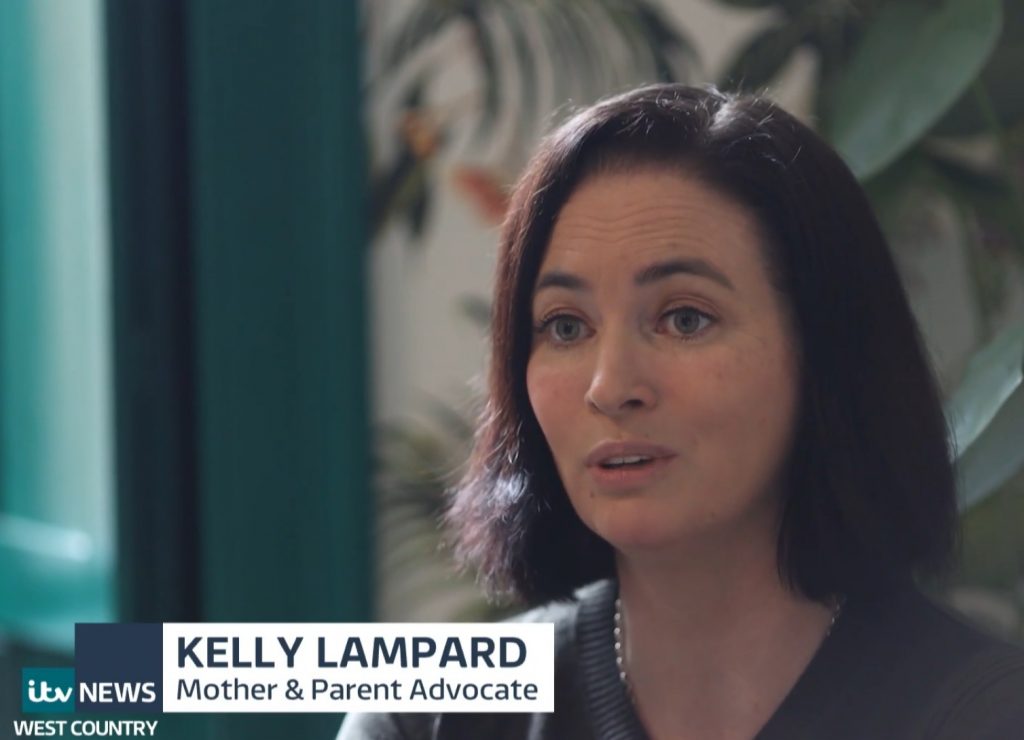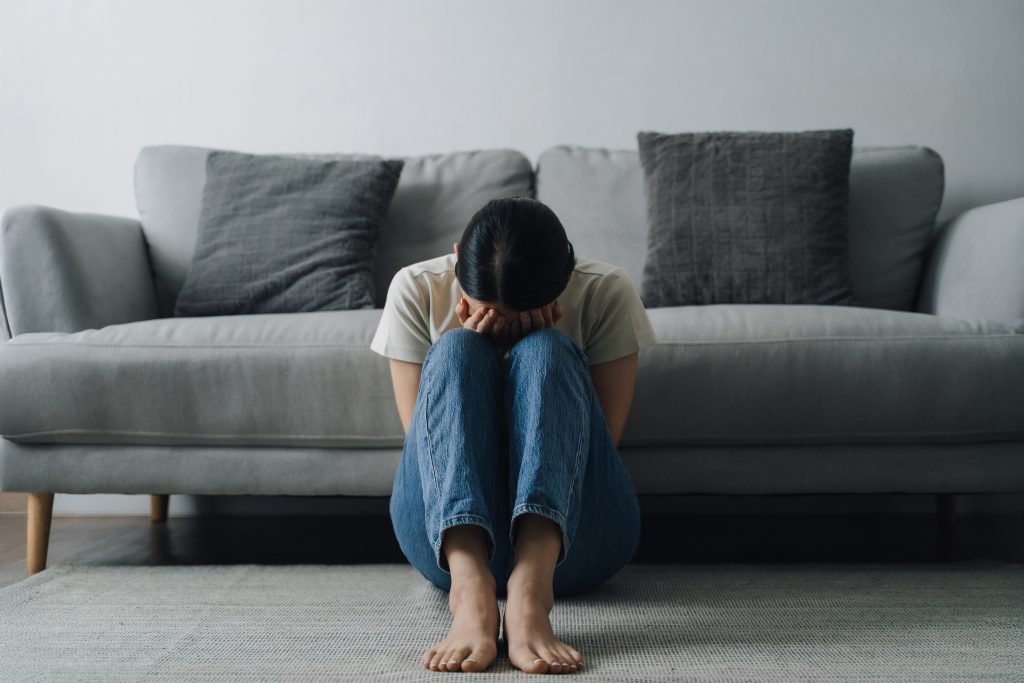Don't suffer in silence
No one deserves to be abused physically, emotionally, or otherwise by their partner or ex. We know it’s not an easy subject to talk about – but it’s not your fault, and you’re not alone. If you find yourself in a domestic abuse situation it’s important you seek help urgently.
Our legal team are highly experienced at providing comprehensive, non-judgemental support in sensitive situations. We will do our utmost to ensure the safety of you and your family, including fast-tracking applications to the court if you require immediate protection. In addition to a Non-Molestation Order (to prevent your former partner from harassing, intimidating or harming you) you can apply for an Occupation Order (which defines who can live in the home or come within a certain distance of it). Although we recommend a Collaborative Law approach for most of our clients, this isn’t suitable in cases where domestic abuse is present.
We know that domestic abuse isn’t just a legal issue. So as well as guiding you through the options to ensure the fullest protection of the law, we also work closely with local organisations who offer specialist peer support and recovery programmes.
Frequently asked questions
If you are experiencing domestic abuse, no matter in what form, there are legal protections you can seek. In some cases Child Arrangements or Financial Settlements are sufficient to prevent or mitigate the abuse. However, the most common legal protections for domestic abuse are:
- Non-Molestation Order or Occupation Order (known as Protective Injunctions)
- Prohibited Steps Order (under the Child Arrangements umbrella).
We can guide you through the application process quickly and sensitively for legal protection that works for you, and help you present your evidence clearly to the court.
Both a Non-Molestation Order and Occupation Order are classified as Protective Injunctions.
A Non-Molestation Order can protect you and your children from:
- Harassment, intimidation, or violence
- Threats of violence
- Unwanted contact (including texts, phone calls, or approaching your home)
- Third parties being instructed to cause harm or intimidate you
- Specific actions undertaken to cause you harm previously.
An Occupation Order can:
- Remove the abuser from your home
- Prevent them from entering the property or certain areas
- Give you the right to stay in the home even if you’re not the legal owner.
Breaching a Protective Injunction is a criminal offence.
Submit Form FL401 to your nearest family court, along with a supporting witness statement explaining the abuse. There is no fee for this application.
If you are at risk of immediate harm or danger, you can request an urgent (emergency) hearing. You can also ask for your application to be made without notice (ex-parte) which means your former partner is not told of the application until after the court has processed it.
Not if you don’t want them to know. File a C8 with your application to ensure your address and contact details remain confidential and are withheld from your abuser (and any court paperwork they see).
It’s important to note that you still need to ensure your FL401 application and supporting statement (as well as any attached evidence) does not include personal details you wish to keep private. You can redact that information on any evidence if you still need to include the document itself and your details are visible. If Bath Family Law support you through an application we will triple check all your documents to ensure your personal safety is prioritised and protected throughout the court process.
Legal aid is generally available to those suffering from domestic abuse, if you meet their other eligibility criteria. To find out, search for ‘legal aid’ on the gov.uk website for more information. Unfortunately, due to legal aid system cuts, many who are eligible find the reality of obtaining a legal professional to take on their case impractical.
Bath Family Law is not a legal aid provider. However, we can support you as a cost-effective alternative to traditional representation, ensuring you are not alone through the separation process.
When applying for a court order, there are many things you can consider to better protect yourself and/or your children:
- Without Notice Applications – The other party is not informed of what you’ve asked from the court until after the court has processed your application. If the court agrees the need to impose a Protective Injunction or measure, this is in force from the moment the other party learns you have reached out to the court.
- C8 Form – Within an application you can use a C8 form to keep your details confidential. So you can hide your address to ensure your safety, or hide your phone number or email to avoid harassment or intimidation.
- Urgent hearings – Where you are placed at risk without an order, you can request the court to list your matter for an urgent or emergency hearing to reduce the waiting time before a hearing is granted.
- External support – You can seek support from external domestic abuse charities or shelters and take advantage of the resources and support they offer.
Male survivors of domestic abuse have equal legal protections under the law. Support is available through:
- Men’s Advice Line (confidential helpline)
- Mankind Initiative (specialist support service)
- Local domestic abuse charities offering housing and counselling
- The courts – where you can apply for Non-Molestation or Occupation Orders regardless of your gender.
At Bath Family Law we treat all survivors of domestic abuse equally and are experienced in supporting both men and women with sensitivity, understanding, and practical legal guidance. We understand that many domestic abuse support services are aimed at, or available only to women and this can be dangerous and isolating to male victims of domestic abuse. We encourage anyone feeling unsupported to reach out to us immediately. We strive to be inclusive to all genders, sexualities, races, cultures, religions, abilities, and lifestyles at Bath Family Law.














